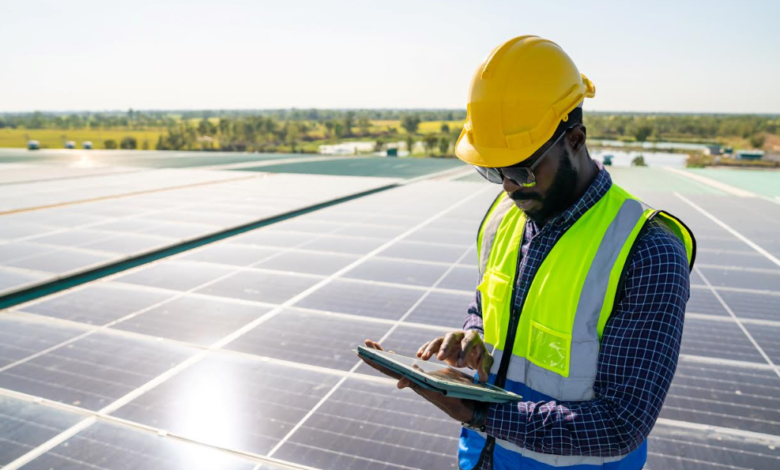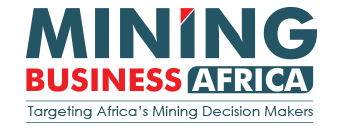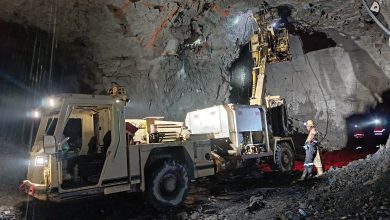
New power bill could be a game-changer for SA
The SOLA Group sees great promise in the new TSO bill, but says that South Africans must hold government to its promises.
Says Jonathan Skeen, director of SOLA, “As a provider of clean and innovative energy projects for close to two decades, we’ve often fought against the tide of prevailing energy policy or industry norms. We do recognize, of course, that we’re part of a system of public and private institutions; of large and small energy users; of big and small businesses; of Eskom and an array of municipal grid operators.”
A recently cemented partnership with Eskom now enables the company to sell power from generators in the interior of the country to businesses on the east and west coasts. By using this service, these clients become active participants in solving load shedding. “They believe, as we do, that South Africa’s future lies with a robust electricity grid, that connects the best of the public and private sectors, to deliver reliable, low cost, and sustainable energy,” Skeen continues.
Electricity Regulation Amendment Bill
South Africa’s new government has come into power just weeks after the passing of the Electricity Regulation Amendment Bill by the National Council of Provinces. Through the establishment of an independent Transmission System Operator (TSO), the Bill creates a vehicle for the modernization and evolution of the electricity grid. In the words of the Bill itself: “The Electricity Regulation Amendment Bill aims to provide for additional electricity generation capacity and infrastructure, establish the duties, powers, and functions of the Transmission System Operator SOC Ltd, and provide for an open-market platform that allows for competitive electricity trading, among others.”
“Apart from its firm commitment to break from a single and centralized power source,” says Skeen, “the bill also allows for a delineation between generation and distribution. With a TSO focused on making the grid a world-class public asset, a new generation of generators, aggregators and electricity traders can innovate and compete on a level playing field; thus, a diversified, reliable and sustainable generation mix, that can supercharge our economy. This is a revolutionary step forward for South Africa; provided that implementation takes place.”
Amidst their upbeat projections, the directors of SOLA are mindful of the fact that these issues were first raised 26 years ago by the Department of Minerals and Energy, and it’s taken a quarter of a century of policy reversals, load-shedding, economic destruction and nuclear-detours for us to reach this point. “South Africans must now hold our new government’s feet to the fire,” Skeen stresses, “And SOLA has every intention of doing so, although we aren’t waiting for these ideal conditions to materialize before implementing solutions for local business.” The electricity rules still require substantial work, and to date only two companies, Amazon and Tronox, have actually purchased large volumes of renewable electricity from a supplier other than Eskom.
SOLA have taken a proactive stance, in the meantime, by building a large solar wheeling plant (which transports power to companies outside of their grids). They’ve left part of the project’s energy unallocated and available, however, in order to have the capacity to bring flexible, less onerous contracts to businesses that don’t have easy access to ‘wheeled’ power, or the economies of scale of their fleet of large generators. This solution will offer electricity to South African businesses on fixed timelines, while still working within Eskom’s existing frameworks.
“This project is a stepping stone to the open electricity market envisioned by the Bill, with buyers experiencing what it’s like to choose an electricity supplier based on pricing, reliability, and sustainability,” says a cautiously optimistic Skeen. “These benefits will be further enhanced as power producers integrate battery storage and other generation technologies, and as the TSO expands the platform for the future electricity market.”
SOLA hopes that theirs will be just one example of how South Africans can start to solve the country’s problems, by being innovation and taking matters in our own hands. The Bill can act as a catalyst for many other solutions, as well, equating to more jobs and a brighter future for a whole generation of young South Africans. The company started building this project just over a month after our national rugby team won their fourth World Cup, although it’s pure coincidence that their initiative was named “Project Springbok”.
“We hope, however,” concludes Skeen, “that energy providers, as well as political leaders, can apply that same determination, hard work, and team spirit that our rugby team applies to its game, in order to innovate and create a dynamic new electricity system that will pave the way to an invigorated and exciting economy.”
About SOLA Group
The SOLA Group is a proudly 100% South African owned, vertically integrated provider of renewable energy solutions, which has been at the forefront of the growth of South Africa’s renewable energy sector for more than fifteen years. SOLA’s expertise lies in the origination, development, financing, engineering design, construction, project management, operations, and maintenance of renewable energy facilities.






